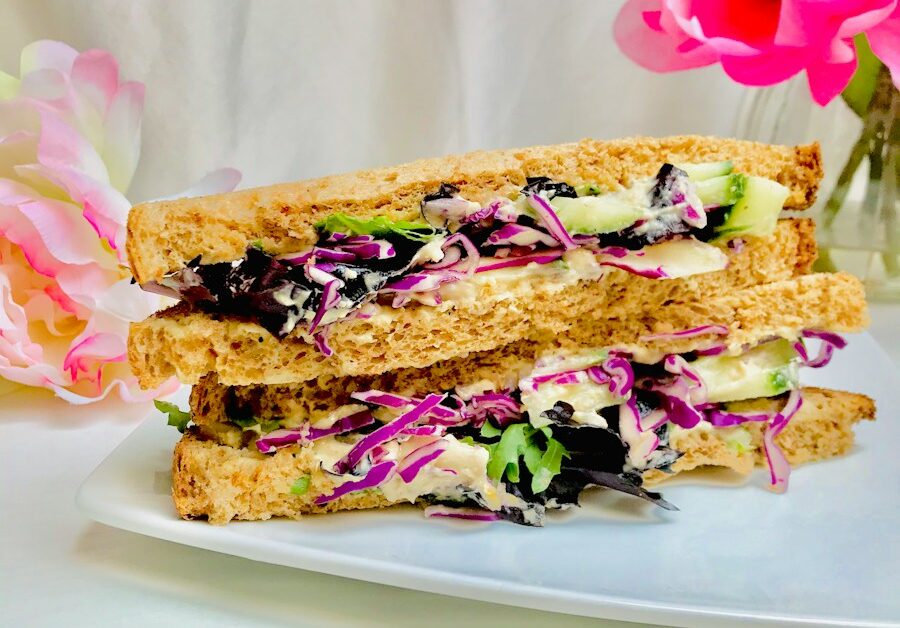Vegetarian Shopping List: A Guide to Healthy and Nutritious Choices
Adopting a vegetarian lifestyle has become increasingly popular in recent years, with more people recognizing the numerous health and environmental benefits of a plant-based diet. Whether you are a seasoned vegetarian or just starting out, having a well-planned shopping list is essential to ensure you meet your nutritional needs. This article will provide you with a comprehensive guide to creating a vegetarian shopping list that is both delicious and nutritious.
1. Fresh Fruits and Vegetables
When it comes to a vegetarian diet, fresh fruits and vegetables should be the foundation of your shopping list. These nutrient-dense foods are packed with vitamins, minerals, and antioxidants that are essential for maintaining good health. Aim to include a variety of colorful fruits and vegetables in your diet to ensure you get a wide range of nutrients. Some examples include:
- Leafy greens like spinach, kale, and Swiss chard
- Cruciferous vegetables such as broccoli, cauliflower, and Brussels sprouts
- Brightly colored fruits like berries, oranges, and mangoes
- Root vegetables like carrots, sweet potatoes, and beets
2. Whole Grains and Legumes
Whole grains and legumes are excellent sources of complex carbohydrates, fiber, and protein, making them essential components of a vegetarian diet. Incorporating these foods into your shopping list will not only provide you with sustained energy but also help you feel fuller for longer. Some examples of whole grains and legumes to include are:
- Quinoa, brown rice, and whole wheat pasta
- Lentils, chickpeas, and black beans
- Barley, oats, and millet
- Whole grain bread and tortillas
3. Plant-Based Proteins
Protein is an essential macronutrient that plays a crucial role in building and repairing tissues, as well as supporting various bodily functions. While many people associate protein with animal products, there are plenty of plant-based sources that can meet your protein needs. Consider adding the following to your shopping list:
- Tofu, tempeh, and seitan
- Plant-based protein powders and bars
- Edamame, soy milk, and soy-based products
- Nuts and seeds like almonds, walnuts, chia seeds, and hemp seeds
4. Dairy Alternatives
If you choose to avoid dairy products, there are numerous alternatives available that can still provide you with essential nutrients like calcium and vitamin D. When shopping, consider adding the following dairy alternatives to your list:
- Almond milk, soy milk, or oat milk
- Plant-based yogurts made from coconut, almond, or soy
- Vegan cheese substitutes
- Cashew or almond-based creams
5. Healthy Fats
While it’s important to limit saturated and trans fats in your diet, incorporating healthy fats is crucial for overall health. These fats provide energy, support cell growth, and help absorb fat-soluble vitamins. Include the following healthy fats in your shopping list:
- Avocados
- Olive oil, coconut oil, and avocado oil
- Nuts and seeds
- Nut butters like almond butter or peanut butter
6. Herbs, Spices, and Condiments
Enhancing the flavor of your vegetarian dishes is essential to keep your meals exciting and enjoyable. Stock up on a variety of herbs, spices, and condiments to add depth and complexity to your cooking. Some essential items to include in your shopping list are:
- Garlic and onions
- Herbs like basil, cilantro, and parsley
- Spices such as turmeric, cumin, and paprika
- Condiments like soy sauce, balsamic vinegar, and hot sauce
7. Snacks and Treats
While it’s important to focus on whole, unprocessed foods, it’s also essential to have some snacks and treats on hand for those moments when cravings strike. Opt for healthier options that still satisfy your taste buds. Consider adding the following to your shopping list:
- Dark chocolate with a high cocoa content
- Roasted chickpeas or edamame
- Nut and seed bars
- Popcorn
By creating a well-rounded vegetarian shopping list, you can ensure that you have all the necessary ingredients to prepare delicious and nutritious meals. Remember to vary your choices, experiment with new recipes, and consult with a healthcare professional or registered dietitian to ensure you meet your specific nutritional needs. Happy shopping and happy eating!
